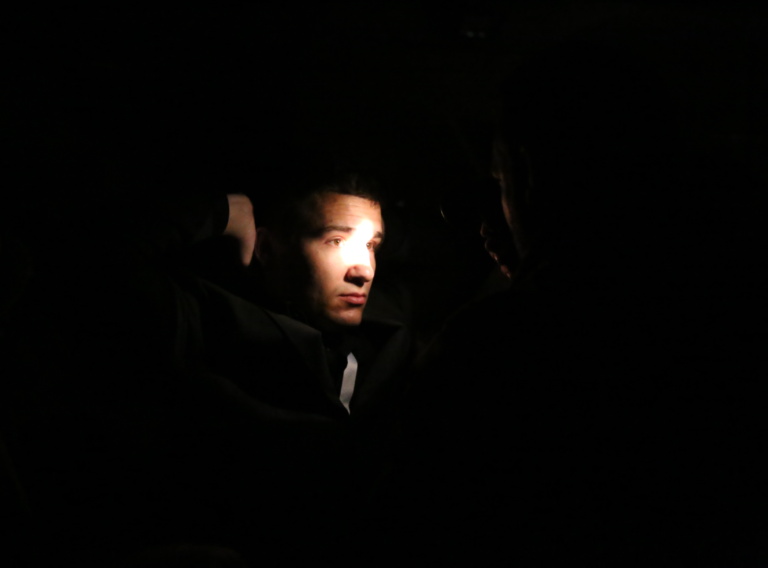Refugee Run FAQ’s
Why set up a Refugee Run?
What are its goals?
Is it realistic? Is it respectful?
What is the outcome?
Is it for money?
Who is it suited for?
Different people learn in different ways: some find experiential learning more powerful while others prefer a straight cerebral process.
Refugees and displaced people, however, have expressed concern that their plight may be beyond others’ understanding without a fuller opportunity to experience, even though brief, a measure of their situation.
Participants tell us that, when they undertake this experience, they find it effective in ways they did not expect. Even those who say they come to it with a measure of scepticism often leave with a very different perspective, deeply moved.
This simulation is offered in the hope of narrowing the gap between the understanding of those who are displaced and those who would like to engage with them. As the Chinese proverb puts it: “I hear and I forget. I see and I remember. I do and I understand.”
How intense is the simulation?
It is a very powerful experience. For that reason, we have a minimum recommended age of 15 (unless with parental supervision) and we take time to warn those considering the experience that they will be placed in a highly intense situation. We also assure them that no actual harm will come to them.
In addition, we tell them that if at any point during the experience, participants feel they cannot manage, we give them a way to leave immediately and have staff ready to speak with them, as needed. Since we began offering this simulation, we have almost never found people do so, but the offer is always there.
How do people respond?
“A profound experience that reminds us of the plight of millions of forcibly displaced people.”Ban Ki-moon, Secretary-General of the United Nations
“Beautifully done.” Sir Richard Branson, Virgin Management Ltd.
“Everyone should do this. It will change the way you see refugees.” Jimmy Wales, Founder of Wikipedia
“A remarkable experience… One is moved, emotionally, out of normality, to a better understanding of the fears and dangers present for refugees.” Jeffrey Sachs, Director, Earth Institute, Colombia University
“The bit of Davos I will remember for the rest of my life.” Sir John Gieve, Harvard University
“Humbling, inspiring, thought-provoking and motivating – a truly remarkable experience. Thank you!” Jane Nelson, Director of Harvard Kennedy School’s Corporate Social Responsibility Initiative“The simulation was as close to real as I could imagine. I now have a much greater appreciation for the needs of displaced people and will be an advocate for sending the message.” Dan Brutto, President, UPS International
“Thank you…for the very powerful experience you gave so many of us…it was very well done – unsettling, authentic, transformative.” Amy E Roth, International Justice Mission
“I don’t know how anyone could do this experience and not come out morally obligated to do something about it.” Paul Ellingstad, Director, Office of Global Social Innovation, HP
“Most impactful experience I’ve had in a long time, with real inspiration to take action. Don’t miss this!” Mack Gill, President, Global Services, Sungard
“Thank you on behalf of the 43 million refugees.” Peter Brabeck-Letmathe, Chairman of the Board, Nestle
“A truly eye-opening session. It was a pause for deep reflection. I hope we can help in the future and will do all to make that happen.” Peter Lacy, Managing Director for Sustainability Service Group, Accenture“Everyone at WEF should be required to do this.” Josh Spear, Founding Partner, Undercurrent.
“I’m most moved by the incredible dedication of this group of people to give a voice to the 43.3 million.” Hans Hickler, CEO for Agility, Asia Pacific Region

Kazakhstan: Fair trade insights for teachers
Can students be taught the global inequalities of trade? Can they learn to understand how rural or urban producers often receive far less than their fair share of...
Online inspiration during Covid-19
"War, poverty, refugees, modern-day slavery. Many people look at global issues, and long to see change occur. But can one person’s...
Trading integrity for survival: The pressure of poverty
We often speak of our experiential programme that simulate issues such as the complexity of poverty. Read these words from a...


